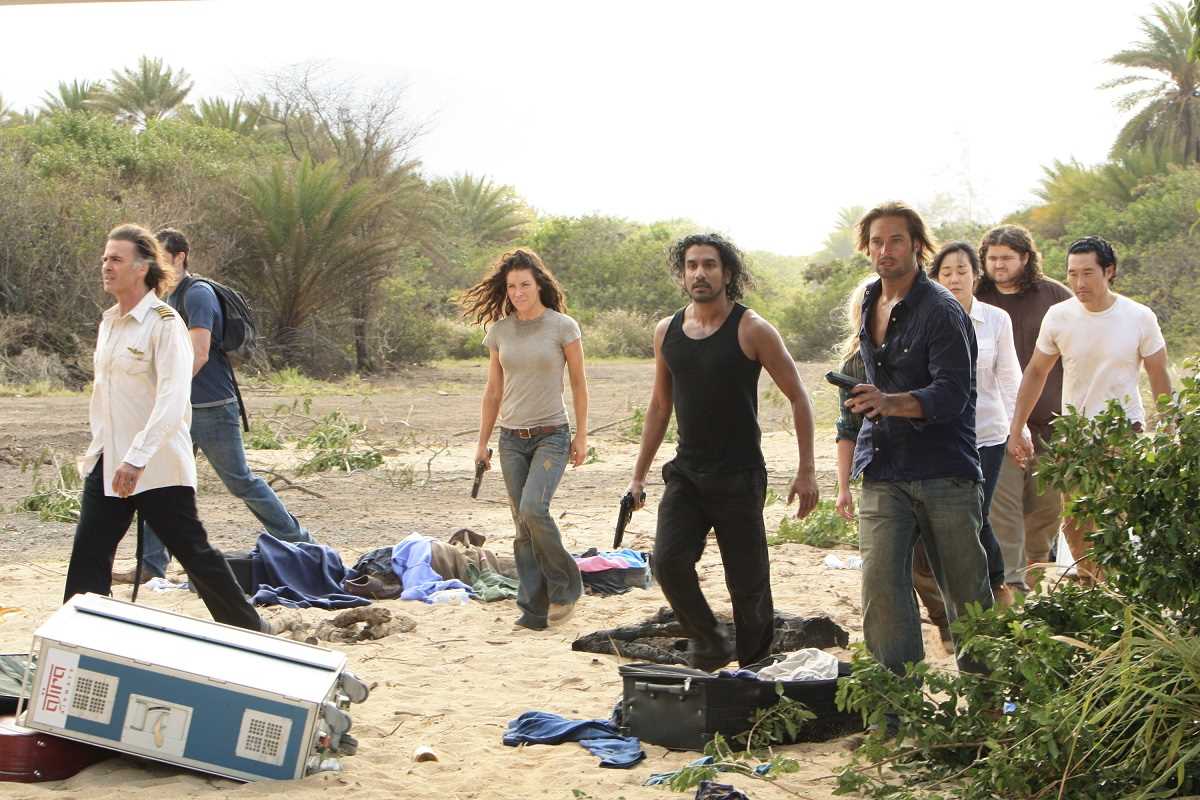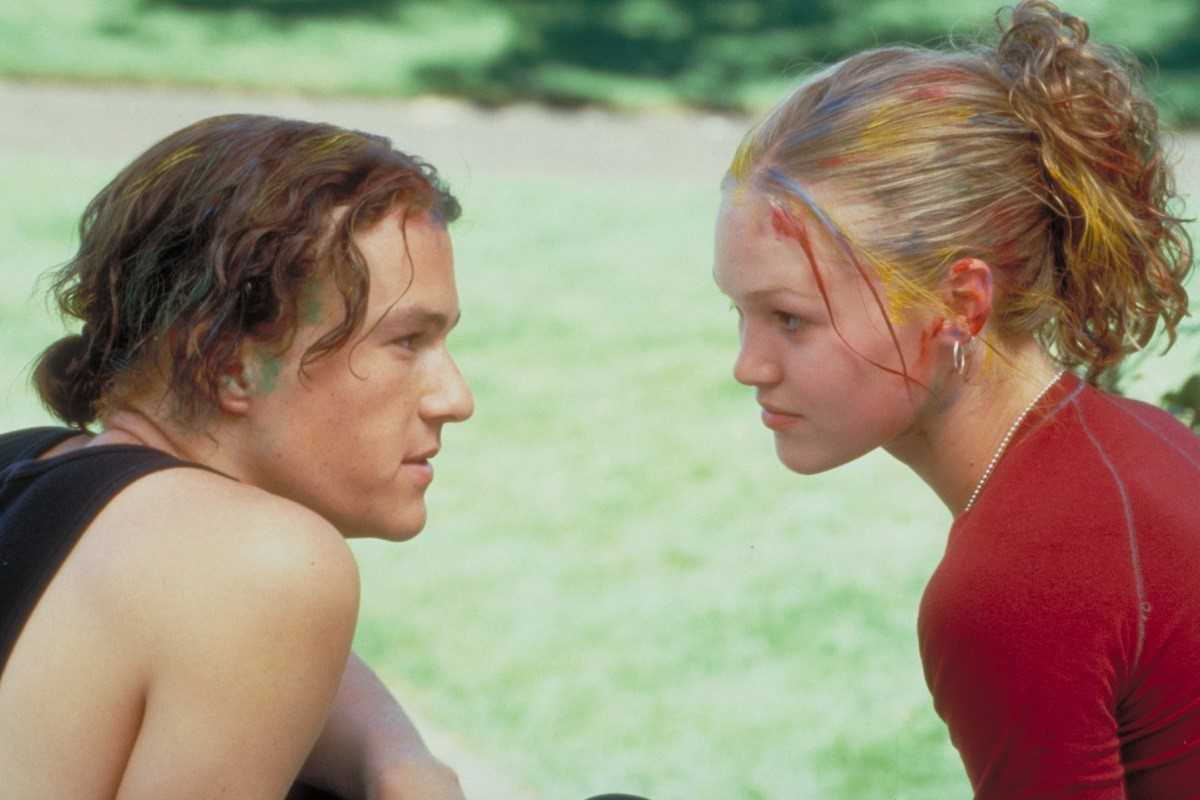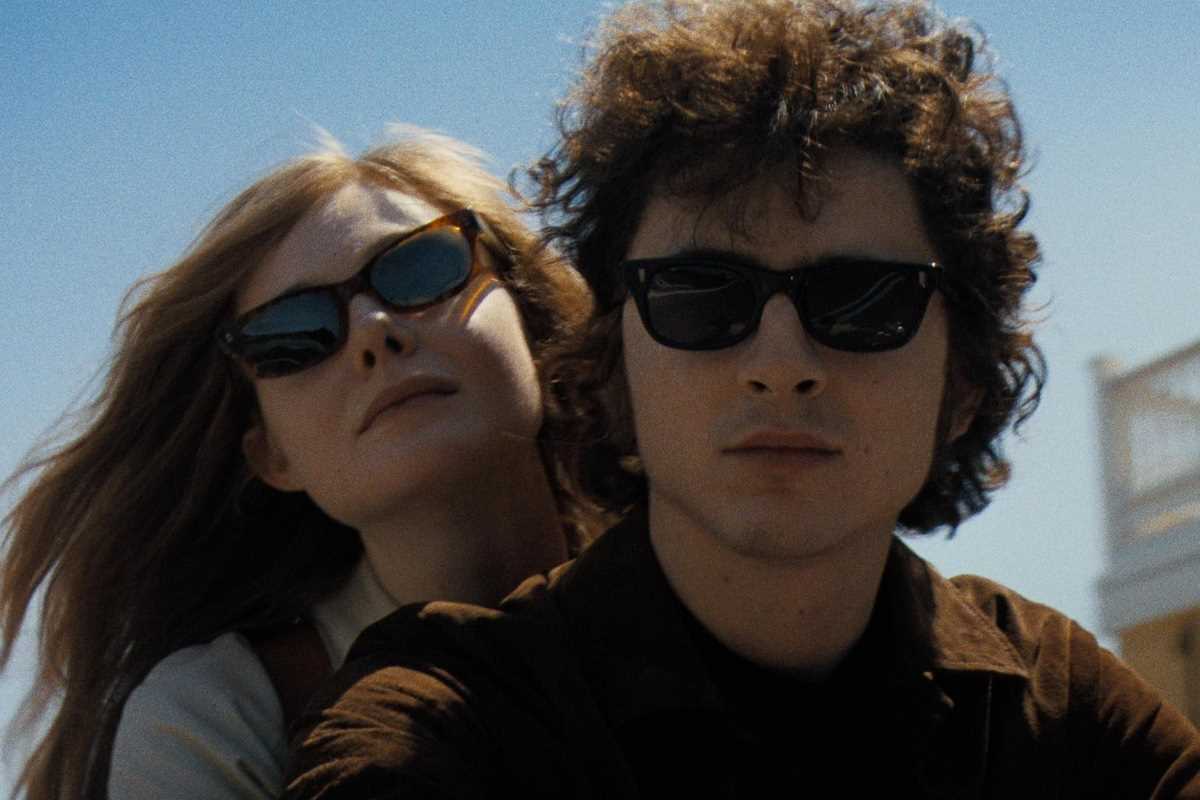Fan theories are a big part of what makes watching TV shows and movies so exciting. They allow viewers to engage with the story beyond just watching, helping them feel like active participants in unraveling the mysteries or guessing plot twists. Over the years, these theories have played a huge role in boosting the popularity of various franchises. Platforms like Reddit, Twitter, and YouTube are filled with fans discussing, debating, and crafting theories about their favorite stories—sometimes correctly predicting future storylines, and other times being way off the mark.
One of the first TV shows to spark a massive fan theory craze was Lost. Its wild success paved the way for other franchises to lean into fan speculation as part of their strategy. From Game of Thrones to the Marvel Cinematic Universe, fan theories have shaped modern fandoms in major ways. But while they often contribute to a show's popularity, they can also lead to disappointment when fan expectations aren’t met.
How Lost Changed the Game
When Lost premiered in 2004, it did more than just entertain; it fueled endless speculation. The show followed a group of plane crash survivors on a mysterious island filled with unpredictable events, cryptic symbols, and bizarre twists, like a smoke monster and polar bears. These puzzling details encouraged viewers to come up with their own explanations. Was the island purgatory? Were the survivors part of a science experiment? Was everything happening inside someone’s imagination?
Online forums flooded with theories after every episode, creating a thriving fan culture. People re-watched episodes to hunt for clues, dissected character arcs, and connected obscure details. All this discussion made Lost more than just a TV show; it became a cultural phenomenon. Theories kept fans invested as they tried to uncover the ultimate truth about the island.
Though Lost struggled to answer all its mysteries in a satisfying way by the series finale, its legacy remains. It showed creators how valuable fan engagement could be, proving that a strong dose of mystery and ambiguity could turn a show into a watercooler sensation.
The Rise of Fan Theory Culture
After Lost, many other TV shows and movie franchises embraced the power of theorizing fans. Writers and creators began crafting stories that left room for interpretation and speculation, knowing it could keep people talking between episodes or movies. Shows like Game of Thrones, Westworld, and films in the Marvel Cinematic Universe (MCU) leaned heavily on this dynamic to build anticipation and maintain relevance.
1. Game of Thrones
Based on George R.R. Martin’s A Song of Ice and Fire book series, Game of Thrones became a massive success partially because of its shocking twists and mysterious lore. Until the show’s controversial final season, fans dedicated hours to predicting major plot points. Who would sit on the Iron Throne? Was Jon Snow’s true parentage connected to his destiny? Would Daenerys fulfill a heroic prophecy or turn to tyranny?
Theories like "R+L=J" (that Jon’s parents were Rhaegar Targaryen and Lyanna Stark) became fan canon well before the show confirmed it. The popularity of these theories kept people tuning in, even during slower seasons. The constant buzz among fandoms created a sense of community where viewers shared their predictions and celebrated or debated each others’ ideas.
2. Westworld
From its very first season, Westworld invited fans to theorize. The sci-fi show built its reputation on cleverly hiding plot twists and clues across timelines. For example, fans managed to figure out that two storylines were happening decades apart before this reveal officially aired.
The creative team behind Westworld embraced these conversations, sometimes even teasing fans when they got too close to a big twist. This blend of storytelling and audience interaction turned the series into more than just a show—it became a puzzle fans loved solving together.
3. The Marvel Cinematic Universe (MCU)
If there’s one franchise that has fully capitalized on fan theories, it’s the MCU. With its interconnected universe of movies and series, the MCU practically asks fans to theorize. Every post-credits scene, costume design, and Easter egg sparks discussions about what might happen next.
When WandaVision aired, fans went wild trying to piece together the show’s mysteries. Who was controlling the fake sitcom world? Was Mephisto, an iconic comic book villain, going to appear as the mastermind behind it all? Even though Mephisto never showed up, the amount of excitement generated by these theories drove millions of people to watch each episode.
The Benefits of Fan Theories
Fan theories are more than just fun speculation—they offer real benefits to TV and movie franchises.
- Boosting Popularity - By encouraging conversations about plot twists, mysteries, and hidden meanings, fan theories keep franchises relevant long after an episode or film is released. They spark hype on social media, ensuring that fans—and their friends and followers—stay engaged while awaiting the next installment. For example, the MCU’s Avengers: Endgame benefited from months of online theories about how the heroes would undo Thanos’s snap. This buzz helped make Endgame one of the highest-grossing films of all time.
- Strengthening Community - Fan theories bring people together. From Reddit threads to YouTube channels, fans collaborate to build theories, share ideas, and uncover hidden clues. Whether you’re arguing about what really happened in The Matrix or piecing together Star Wars lore, it’s thrilling to connect with others who love digging deeper into the story.
- Driving Interaction Between Fans and Creators - Some creators even deliberately engage with theorizing fans, stoking speculation or subtly confirming fan guesses. When directors, writers, or actors acknowledge theories, it makes fans feel like part of the creative process. For instance, after Game of Thrones viewers figured out R+L=J, the creators referenced the theory during interviews, further validating the excitement in the fandom.
The Downside of Fan Theories
While fan theories often add excitement, they can cause problems too.
- Heightened Expectations - Sometimes theories raise fans’ expectations so high that the actual story struggles to live up to them. Take the finale of Game of Thrones. Fans had years to theorize about complex political resolutions and character arcs. When the ending didn’t align with these hopes, backlash was intense. Theories had built up fans’ dreams in ways the show couldn’t deliver.
- Misdirected Focus - Over-the-top theorizing can also distract from other aspects of storytelling. For example, during WandaVision, some fans were so focused on Mephisto’s possible arrival that they were disappointed when the plot wrapped up without him. While the show still told a meaningful story about grief and redemption, certain fans overlooked this because they were hung up on their theories.
- Creator Frustration - Not all creators love fan theories. Some writers have expressed frustration when their stories are spoiled by early fan guesses. For instance, Jonathan Nolan and Lisa Joy, creators of Westworld, considered altering their plot twists after fans guessed them too quickly. This can make storytelling a challenge, especially for mystery-driven series.
The Lasting Impact
Fan theories have significantly changed how we consume TV and movies. They add an extra layer of excitement and make people feel more connected to their favorite franchises. However, there’s a delicate balance between fueling fan speculation and ensuring that a story can still stand on its own.
Ultimately, the best fan theories enhance our experience without overshadowing the creators’ original vision. Whether you’re scrolling through Reddit for Marvel Easter eggs or debating Westworld timelines with friends, theorizing is a testament to how much we love engaging with stories in a deeper way. For creators and fans alike, these theories represent a shared passion for the tales we tell—and the thrill of discovering what might happen next.
 (Image via
(Image via





